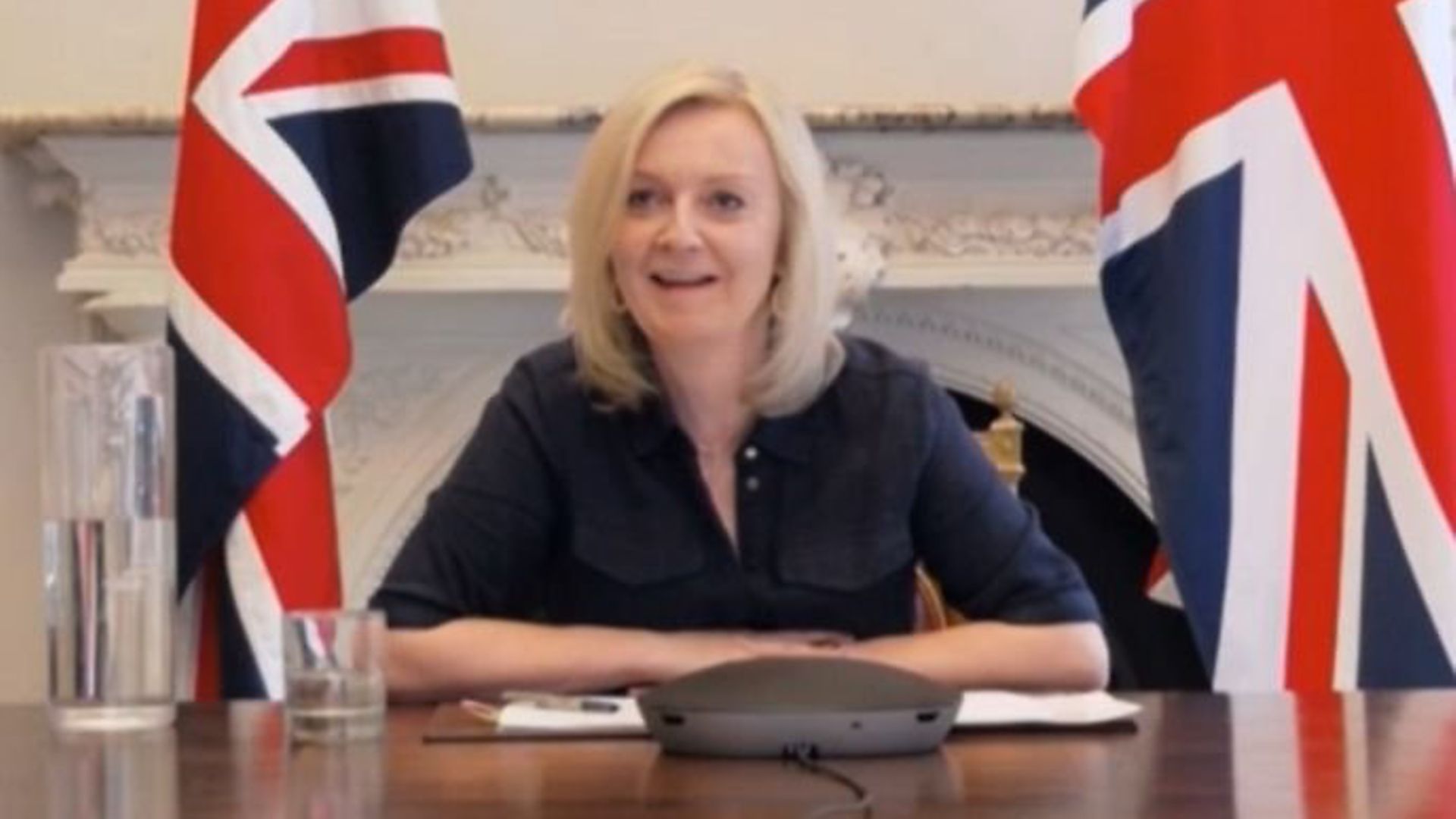
The details of Westminster’s first trade deal negotiated from scratch post-Brexit will be revealed later.
But associate professor Mark Melatos from the University of Sydney’s school of economics has warned the UK may have created problems for itself as it looks to reach similar pacts with Brazil, South Africa and, most importantly, the US.
“Politically, the UK needed to demonstrate that it could conclude bilateral trade agreements post-Brexit, albeit with a very close friend in Australia,” Mr Melatos told the PA news agency.
“Concluding the first agreement is also useful because it may encourage other trading partners to come forward and start negotiating since they now will have some visibility as to what kinds of concessions can be expected from the UK post-Brexit.
“On the other hand, this deal sets a precedent for later, likely more complicated, deals the UK negotiates.
MORE: Liz Truss: The dealmaker in difficulty
“Any concessions granted now to Australia will form a baseline for the start of future negotiations with the US or the EU.”
The idea of a precedent was particularly relevant to any concessions on human movement, on mutual recognition of professional qualifications or around agricultural imports into the UK, Mr Melatos said.
“Any concessions on these issues are likely to create negotiating difficulties down the track when the UK is negotiating agreements with more substantial trade partners,” he said.
Industry leaders in the UK have raised concerns over possible compromises on food standards, while farmers fear they could be undercut by cut-price imports.









